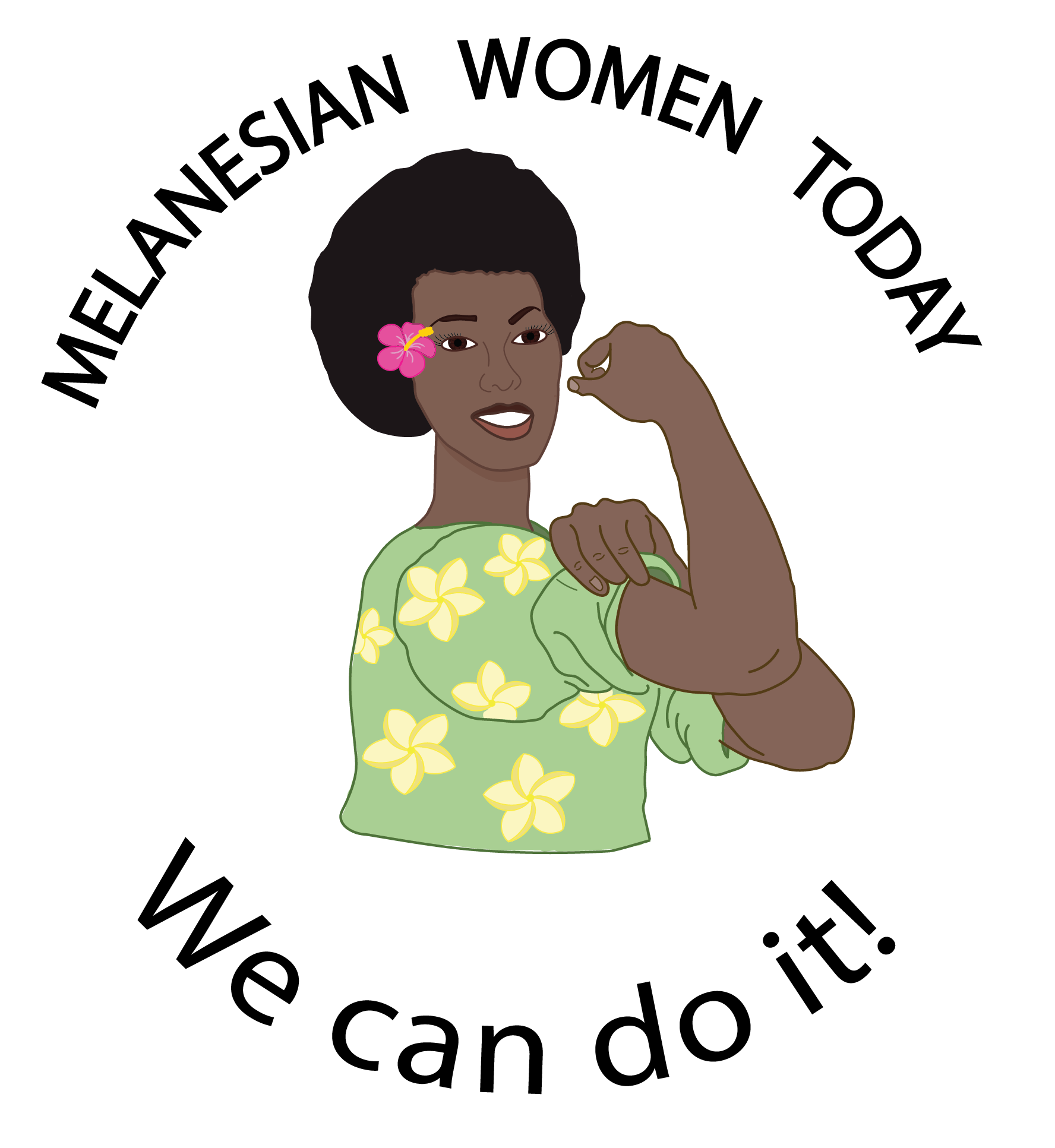EDUCATION
LITERACY| LIBRARY| STEM| SCHOLARSHIPS
YUMI Read! - Children and Adult Literacy Project
Literacy achievement is directly linked to academic success and lifetime outcomes. Unfortunately, economically disadvantaged rural and remote communities in Melanesia do not have access to affordable educational facilities and learning resources, leading to low literacy rates. Children who live in remote areas lack access to books, learning resources, and facilities, which contributes to illiteracy. Even schools that are not easily accessible due to geographical terrain add to the problem.
Yumi Read (Let’s Read!) is a Children and Adult Literacy Project that aims to address this issue by providing access to equity in literacy, learning, and well-being. It achieves this by giving books to children and adults in need and establishing classroom libraries. Research shows that children who are readers from an early age have better literacy, numeracy, and technological outcomes than their peers who do not have access to books. Additionally, having access to better educational facilities and resources increases their chance of success in life and their contribution to the country's economy.
The Yumi Read Literacy Project seeks to create a more socially inclusive and just world by providing books for free to under-resourced children and adults in rural and remote community schools in Melanesia. We believe that every child and adult should have access to fundamental human rights, including the ability to read and write proficiently. With the Yumi Read Literacy Project, we hope to improve the quality of life for individuals in these communities and contribute to a brighter future for all.
MISSION:
The mission for YUMI READ is threefold:
To provide free books to under-resourced children and adults in rural and remote community schools who are in need of them.
To provide books for the establishment or re-establishment of classroom libraries.
To assist teachers in exploring hands-on, science-oriented activities in their classrooms, with the aim of encouraging STEM literacy.
HOW:
To improve education and promote literacy, we will:
Partner with middle schools and any interested organizations in the US to donate books.
Partner with student-led service learning projects.
Raise funds to support school libraries, or re-establish libraries that have been closed.
Create awareness about the importance of education to help people understand why they need to attend school.
Support early education initiatives.
Support adult literacy programs.
Promote STEM literacy by providing resources and support.
“The literacy problem starts early in a child’s school life”
The Pacific region is one of the world's largest and most diverse areas, consisting of three ethnogeographic groups - Melanesia, Polynesia, and Micronesia. Melanesia is the most diverse in terms of biodiversity hotspots and comprises more than three-quarters of the region's indigenous population. Polynesians account for only one-sixth of the total, while Micronesians make up an even smaller proportion.
Despite the high enrollment of children in primary schools across the Pacific region, there are common education challenges, particularly in literacy and numeracy. Each country recognizes the right of every child to have access to quality education, regardless of gender, ethnicity, family background, or socio-economic status. However, low levels of literacy and numeracy at early childhood, primary, and secondary education levels continue to be a major concern.
According to the 2018 Pacific Islands Literacy and Numeracy Assessment (PILNA), only about half of the children in year 4 meet the Pacific literacy benchmark for their grade. The literacy problem starts early in a child's school life, as revealed by the 2018 assessment, which focused on Year 4 and Year 6 students from across 15 Pacific Island countries. This emphasizes the urgent need to address early literacy to close the achievement gap and recognize literacy and numeracy skills as building blocks for children's future learning opportunities.
Recognizing the value of good literacy and numeracy skills is crucial for individuals to communicate effectively and make informed decisions to take active control of their future. Despite the challenges, the Pacific region remains committed to providing quality education for all children.
Why is illiteracy still a problem?
Lack of education facilities and learning resources
Geographical terrain also contributes to illiteracy
Parents and caretakers with little or no schooling
Social barriers and gender
Poor living conditions and poverty
Climate change
How does climate change affect children’s learning?
Climate change is a threat to the learning of children living in the low lying coastal areas in the Pacific. Access to clean water and sanitation, food production, and safe housing are just a few of the examples. As a result, the number of students missing school has doubled, increased rates of dropouts, and their well-being and learning are negatively impacted as well as their safety.
“There is little doubt that Small Island Developing States will face considerable challenges arising from human-induced climate change, with children at the forefront of these impacts.” Read more about the Climate change impacts on children in the Pacific and their learning
Learn about our impact stories in education:
The Ripple Effect of Community Partnership: Delivering Hundreds of Books to a Remote School in Papua New Guinea
Odyssey Middle School Book Donation to Kelkei Elementary & Adult Literacy School
Solomon Island Girls Scholarship Project 2022

